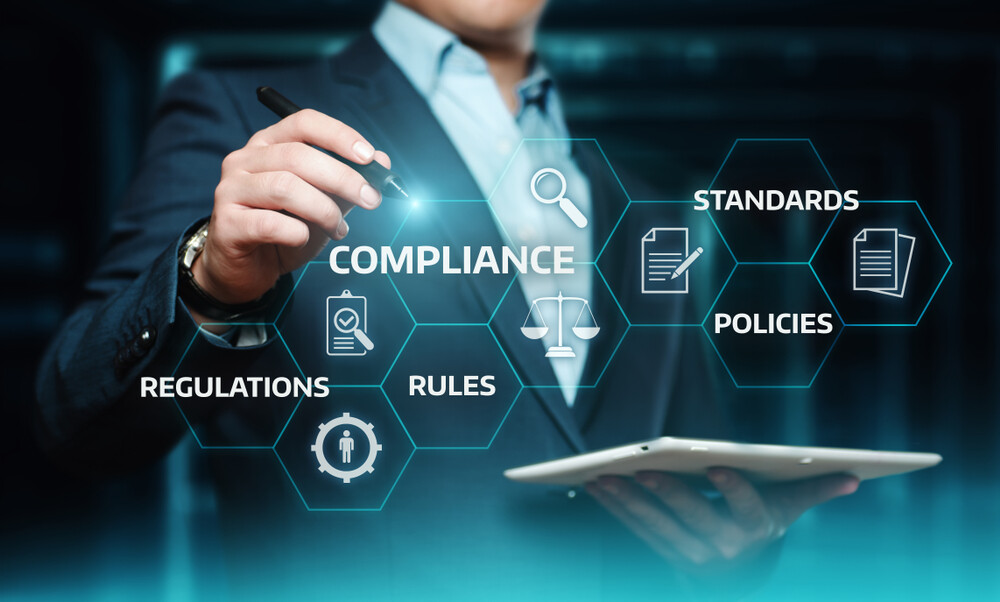Introduction
In this post, we'll look at the ethics of big data and data privacy concerns. As you may know, big data is a buzzword that refers to large amounts of digital information that can be analyzed to reveal patterns and trends. This type of analysis has been used for years in business and research settings but has only recently become available for consumer use through companies like Google, Facebook and Amazon.
In this post I will define key terms related to big data (e.g., "data" vs "information"), outline some common ethical issues surrounding its use today as well as proposed solutions for addressing them moving forward
The Growing Importance of Data Privacy
Data privacy has become an increasingly important issue in recent years, as the amount of data collected by companies has grown exponentially. This can be attributed to several factors:
The increased use of digital technology in our daily lives
The shift towards data-driven decision making (where decisions are made based on analysis of large amounts of information)
The rise of data privacy regulations such as GDPR and the California Consumer Privacy Act (CCPA).
The Ethical Implications of Big Data
The ethical implications of big data are many and varied. The potential for misuse is high, as we have seen in recent years with the Cambridge Analytica scandal and Facebook's ongoing privacy concerns. In addition, there is also a need for ethical data governance: how should companies be allowed to use our information? Who gets access to it, and under what circumstances? How can we be sure that our personal data isn't being used against us by corporations or governments?
The importance of transparency cannot be overstated here--it's essential that consumers understand how their own personal information is being used by companies like Facebook or Google (or any other company). This will help ensure that these companies aren't taking advantage of their users' trust in order to sell more products or services than would otherwise be possible without the use of such tactics like targeted ads based upon user behavior patterns found through analysis of collected user data sets
The Challenges of Data Privacy
Data privacy laws and regulations
Data security and privacy
The potential for data breaches
Data Protection Strategies
Data encryption and tokenization
Data access and privacy policies
Data anonymization
The Future of Big Data and Data Privacy
The future of big data and data privacy is an interesting topic to consider. Data privacy best practices are constantly evolving and changing as technology advances. Artificial intelligence (AI) will play an important role in the future of big data, as well as automation, which can be used to make decisions based on large amounts of information.
For example, AI can help identify patterns within large datasets that humans may not have been able to see before. This can be helpful when it comes to detecting fraud or improving customer service by providing personalized recommendations based on past purchases or browsing history--but there are also concerns about how this type of technology could be misused if not implemented properly by companies who collect personal information from their users' online activity without giving them full control over how their data is used.
Conclusion
Data privacy is a hot topic, and it's only going to get hotter as more people become aware of the potential for abuse. As consumers, we expect our data to be protected by law. But what happens when companies fail in their ethical duty?
It's important that companies take steps toward ethical data governance by implementing measures such as encryption and pseudonymization. These methods make it difficult for hackers or other malicious actors to access sensitive information without authorization--and they also allow businesses to comply with laws like GDPR while still protecting their customers' privacy rights


